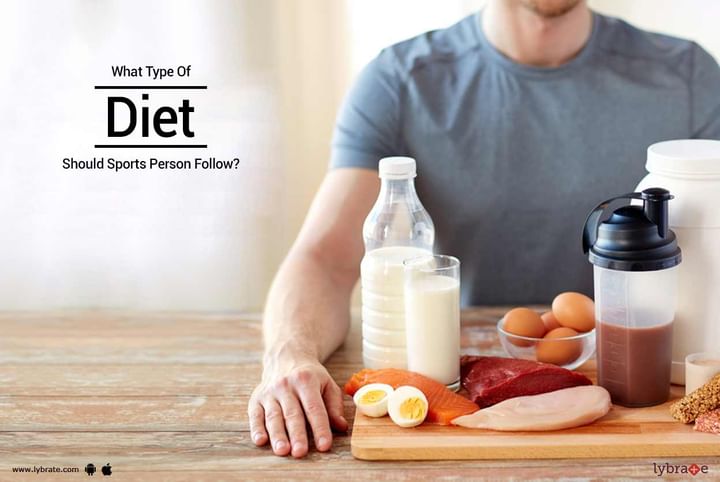What Type Of Diet Should Sports Person Follow?
When it comes to athletes and sportsmen, merely having a balanced meal is not enough. Athletes burn much more energy than an average person and hence need to consume additional calories. Getting the right nutrition can make a big difference to an athlete’s performance. To calculate the required calorie consumption, one must take into account the individual’s height, weight, gender and level of physical activity. An athlete must pay special attention to three categories of foods; carbohydrates, fats and proteins.
Carbohydrates: Carbohydrates are the most important fuel source for sportsmen. When the body ingests carbohydrates, the sugar and starch in it is converted to glucose and stored as glycogen. If the body does not have enough glycogen while working out, it will begin to burn fats and proteins to get its energy. This can make your performance levels drop. Breads, cereals, rice, high fibre fruits and vegetables and pasta are some food items that are rich sources of carbohydrates.
Along with eating the right food, it is also important to eat at the right time. On a normal day, an athlete should consume 1-4grams of carbohydrates per kilo of body weight 1-4 hours before exercising to give the body the necessary energy for your workout. However, if your exercise lasts for more than an hour, you should eat additional carbohydrates during the session. Your body also needs carbohydrates within half an hour of completing an activity to help the muscles recover.
Proteins: Proteins help build muscles and thus are essential for body builders and endurance athletes. It should account for 12-15% of your daily calorie intake. However, the actual amount of protein required depends on the athlete’s growth rate, rate of healing and physical activity level. The human body cannot store protein and hence it is not advisable to eat an excessive amount of this nutrient as it will simply be stored as fat. Proteins can be found in many food items including meat, fish, eggs, dairy products, nuts and beans.
Fats: There are two types of fats needed by the human body; saturated fats and unsaturated fats. Combined, they should account for not more than 20-30% of your daily calorie intake. For low to moderate intensity exercises, fats are the primary source of energy but for workouts of a higher intensity, fats become a secondary source of energy to be used only when the body runs out of glycogen. Meat, milk, eggs and cheese are good sources of saturated fats while vegetable oils are rich in unsaturated fats.
Along with eating right, athletes also need to pay special attention to hydrating their bodies. Drinking cool water is the best way to stay hydrated. Water is lost while exercising through sweat and hence must be consumed before, during and after exercising.



+1.svg)
